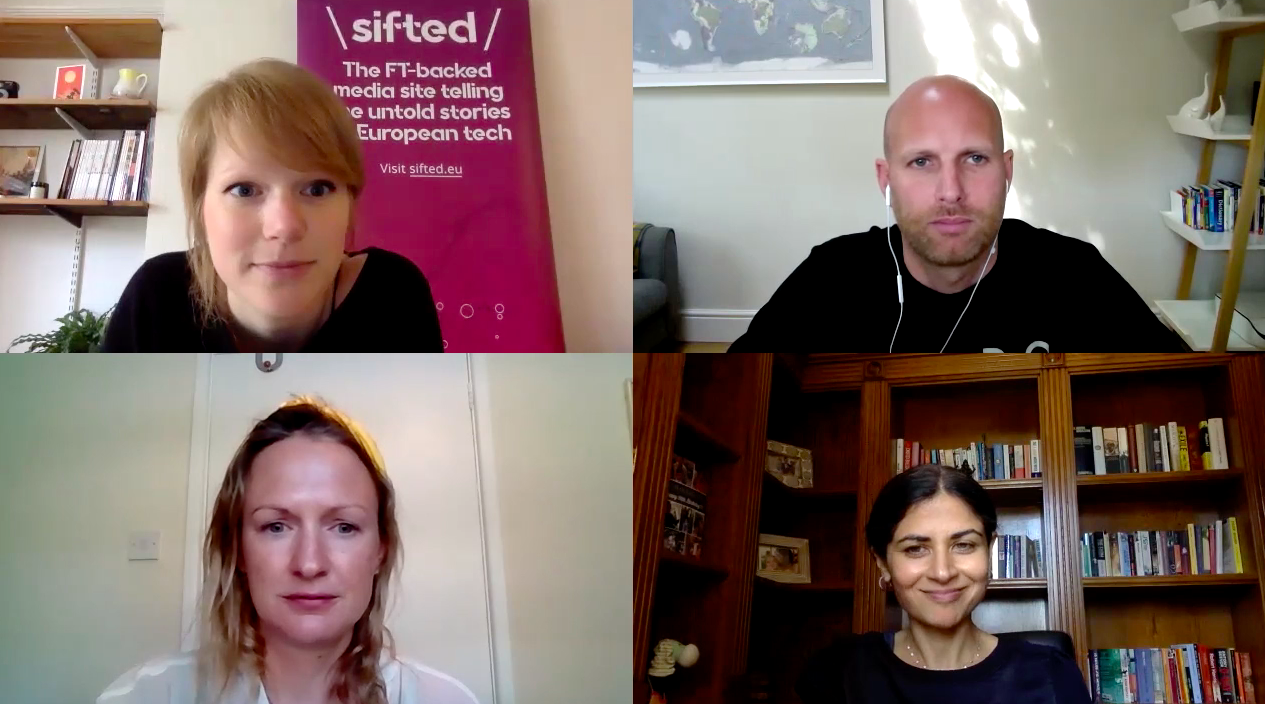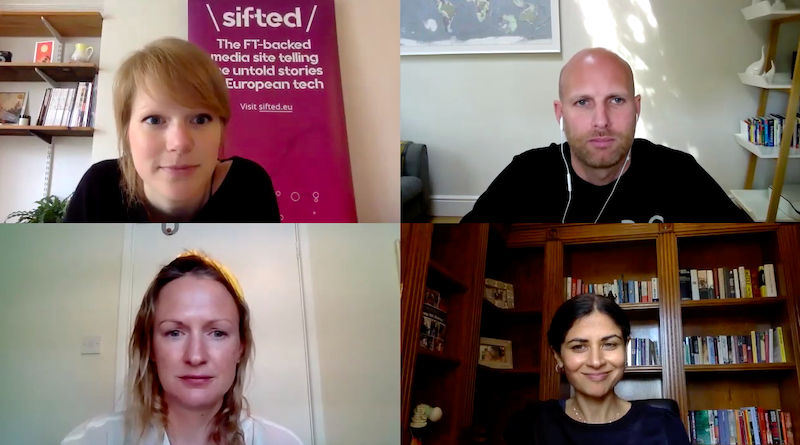Cut the Fat (but Stay Fed), Expert Advice to Help Your Business Survive During a Downturn
It’s definitely an interesting time to be a small business, startup or scale-up. For many it’s time to rethink strategies, streamline operations and focus on survival. This is why Soldo teamed up with Sifted and a panel of experts – for a discussion around how business owners should manage cash flow to drive efficiency, extend runways and get through the lean times ahead.
The webinar panel included Sonali de Rycker, Partner at venture capital firm Accel, Caroline Tulloch, Chief Financial Officer at online restaurant startup Taster, Sifted’s Deputy Editor Amy Lewin and Soldo’s own VP, Darren Upson.
We’ve pulled together the key takeaways here:
1) Be smart with your customer acquisition spending
Consumers are acting differently in this strange new world – your customer acquisition strategy has to reflect that. Reassess your expensive acquisition channels and double down on the low cost ones that are the most effective.
2) Put maximum effort into retaining your current customers
Maximum focus should be put into retaining customers that you’ve already spent money to acquire. If you do the right thing by your existing customers now, such as offering them a discounted service when their budgets may be tighter, then they’ll stick with you when you’re out the other side. As customer behaviour is likely to reflect the temporary nature of what is going on in the world at the moment, the customers that you acquire now are likely to be of less value than your pre-covid customers. You therefore need to ensure that you are tracking the churn rate of these new customers really closely.
Retention is the new growth for most businesses
– Darren Upson, VP Small Business Europe, Soldo
3) Cut the fat: it’s time to be bold and brave
If you’re feeling comfortable, you’re not cutting hard enough. In reality, the coming months are going to be hard for everyone so this is the time to think about how your business can become super-efficient and get rid of unnecessary spending which would otherwise have gone unnoticed. “Cutting the fat” could include downsizing your office, employee perks, T&E.
It’s time to be scrappy like a startup and create a resourceful strategy that takes advantage of the opportunities created by the coronavirus crisis.
If it feels too easy, then you’re not cutting deeply enough
– Sonali de Rycker, Partner, Accel
4) Keep an eagle eye on company spending
You should know when money is coming in and out of your business more than ever before. Make the most of tools finance tools available, such as GoCardless to remove friction points when payments are coming in, and Soldo to track company spending and control what’s going out.
5) Reassess your market-fit
Your product roadmap may plan for new features to be released in the coming months. It’s time to assess if these will have a positive effect on your bottom line or are just nice to have features that some customers want rather than all customers need. Cash may be prioritised better elsewhere. Take time to consider if these new products and features will even be suitable for life after the pandemic.
6) Start from scratch
Rather than considering how to cut costs from your existing model, rip up the rule book and start from scratch. Building your financial plan from the bottom up and exercising detailed analysis at each step, will allow you to ensure that you are spending money on the essentials for your business.
Start from a blank sheet of paper and build it back up from zero to reexamine your strategies.
– Caroline Tulloh, Chief Financial Officer, Taster
7) Attract and retain phenomenal talent
If salaries are being cut, you might have to think of a creative way to achieve this – perhaps by offering dividends or by setting up loyalty schemes. Whatever the case, now is not the time to lose your best talent.
The worst thing would be to lose your great talent right now
– Sonali de Rycker, Partner, Accel
8) Be wary of offering your pr`oduct out for free.
Doing this can set customer expectations very high. You’re better off offering your services at a discounted price to avoid a higher rate of low value customers who will churn as soon as you start charging them. Consider what the payback of doing this would be, and how you would monetise the customers who acquired your free model in the future.
9) Reassess your vision
What is your narrative in 2020 going to be? Harsh cost-cutting isn’t only going to be what investors are looking for when we come out of the other side. Take this time to think about your company journey, and how you are ensuring that you’ll be relevant in a post-covid world.








